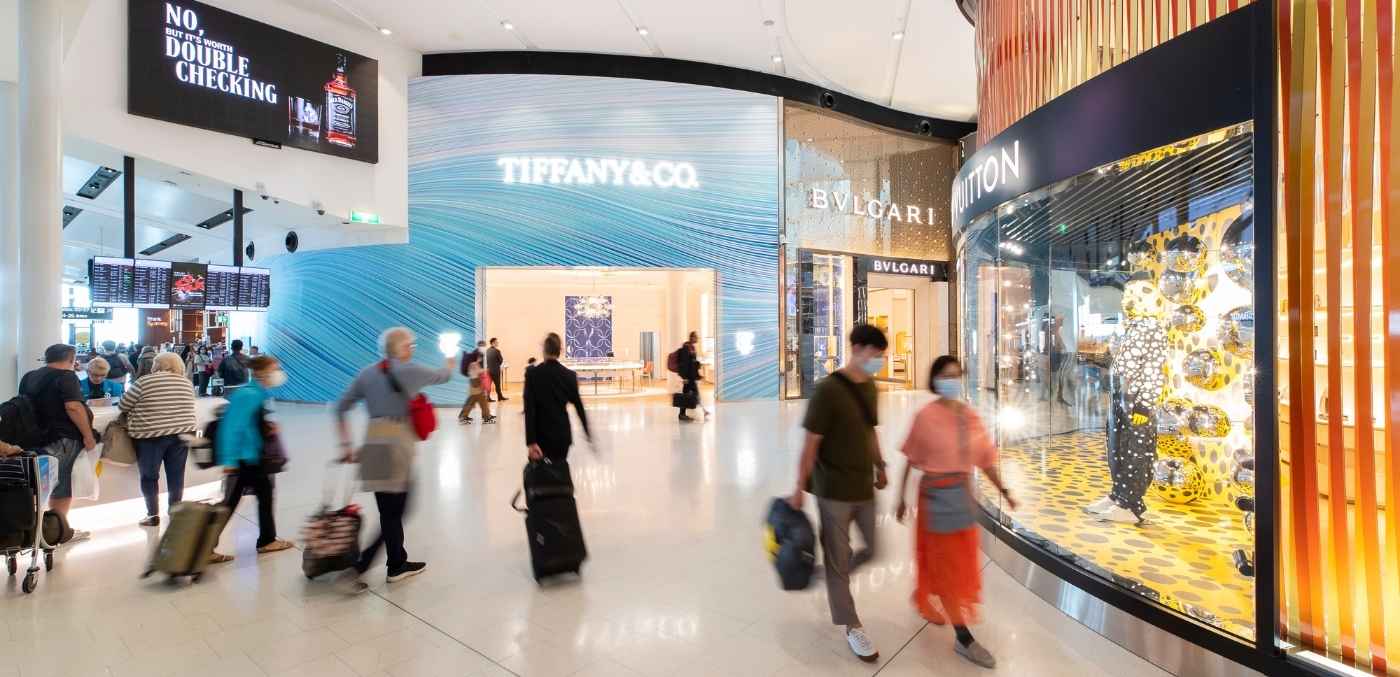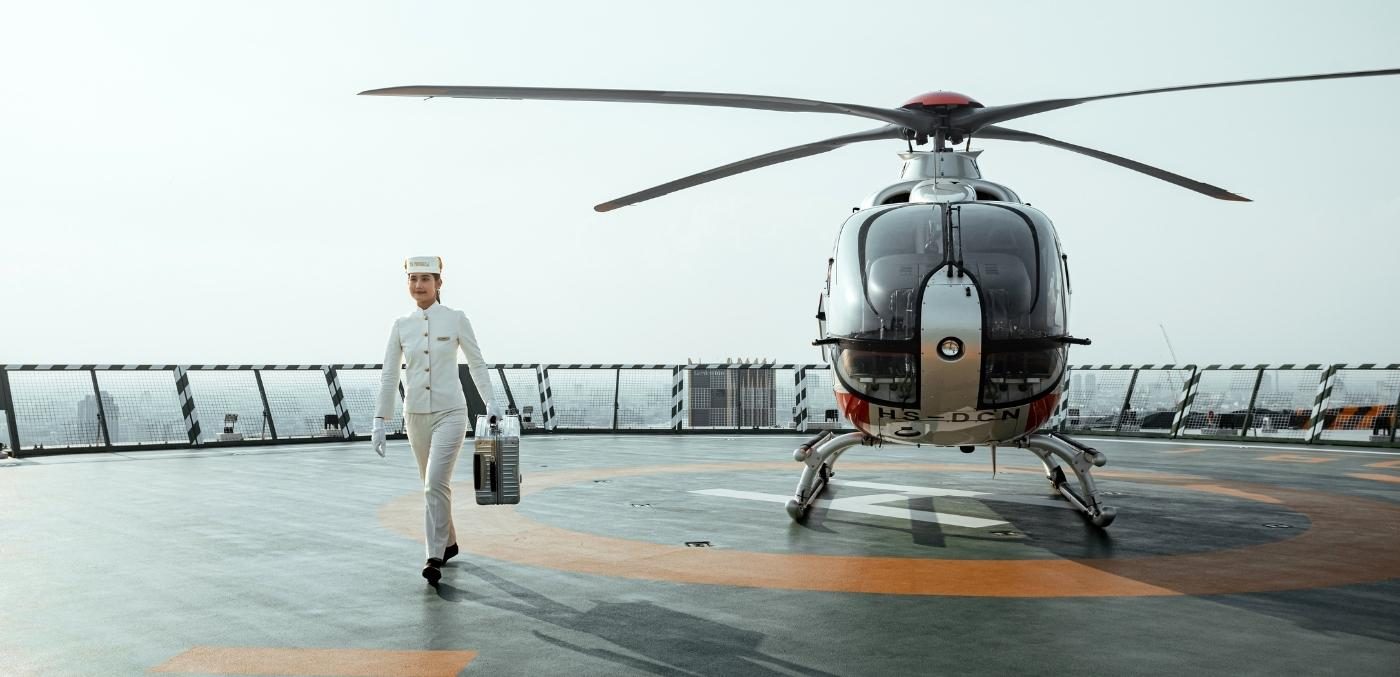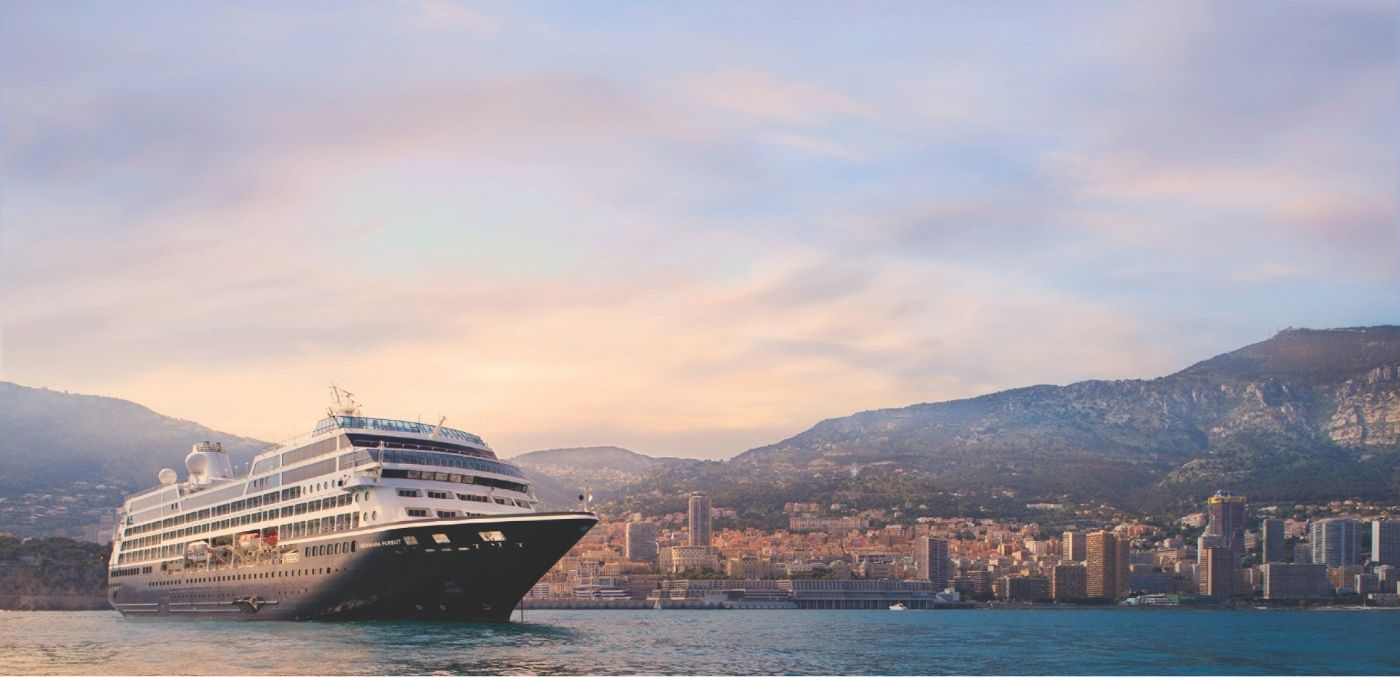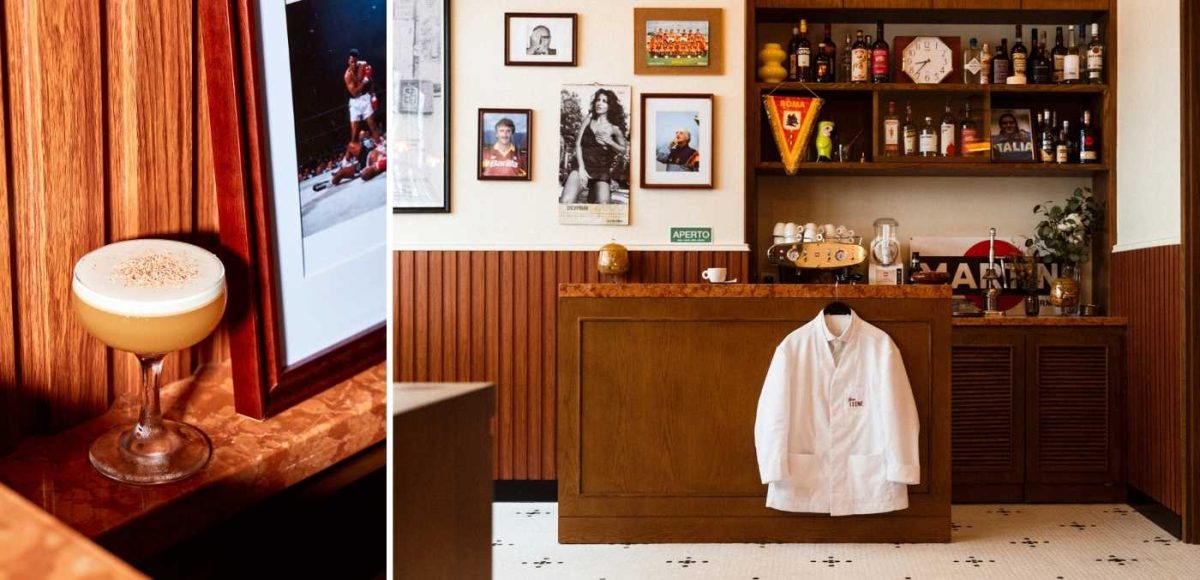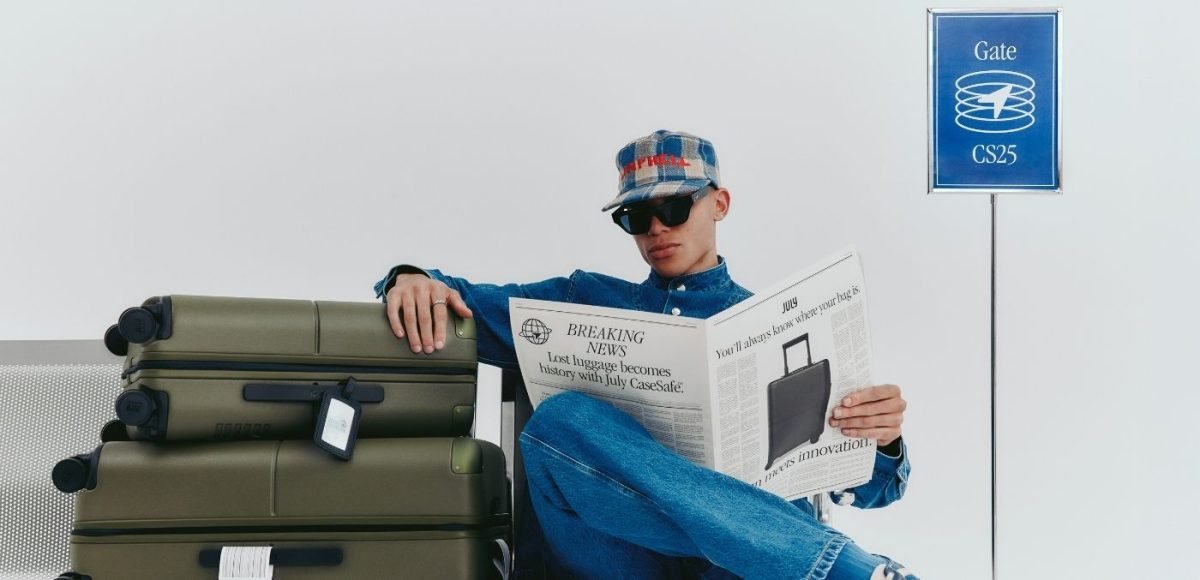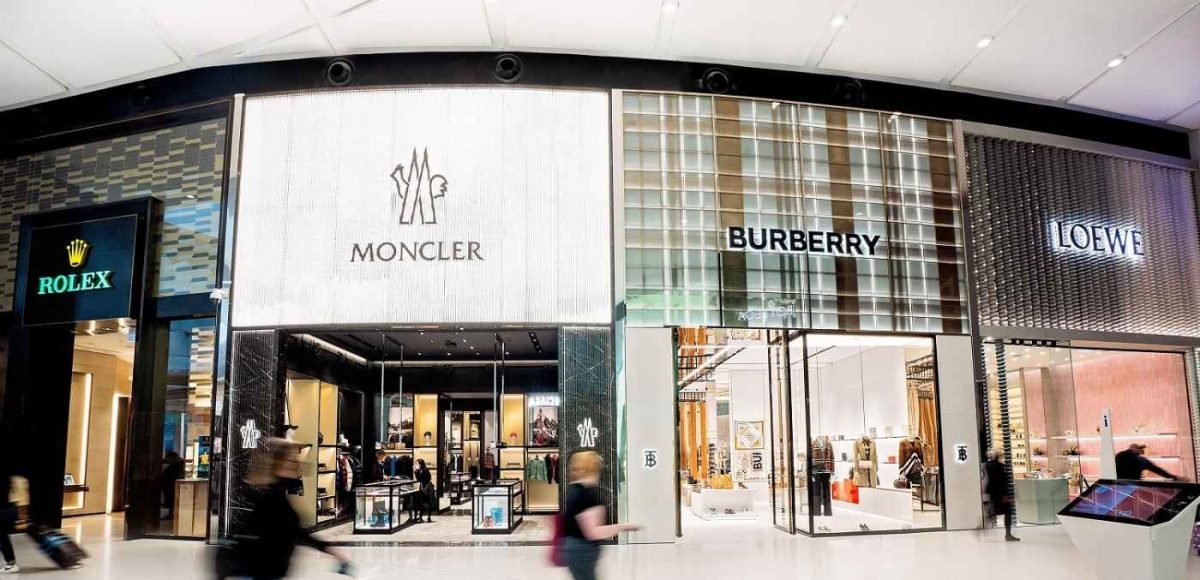In 2025, the belief that duty-free shopping offers the best deals is questionable.
Whether travelling for business or leisure, jetting across the world is an enjoyable affair. Discovering (or returning to) delicious restaurants, pretty boutiques and quintessential sights in a foreign locale is a thrill that rarely wanes. However, the glamour of international travel tends to lose its shine within a few minutes of arriving at the airport. To alleviate the excruciating mundanity of security checks, queues and crowded lounges, many of us enjoy perusing the shelves of duty-free goods. Whether alcohol, gadgets, cosmetics, fragrances or luxury goods tickle your fancy, duty free shopping offers a selection of wares for your consideration. And, once upon a time, you’d be guaranteed savings and value with such a purchase – but does that belief hold true in 2025?
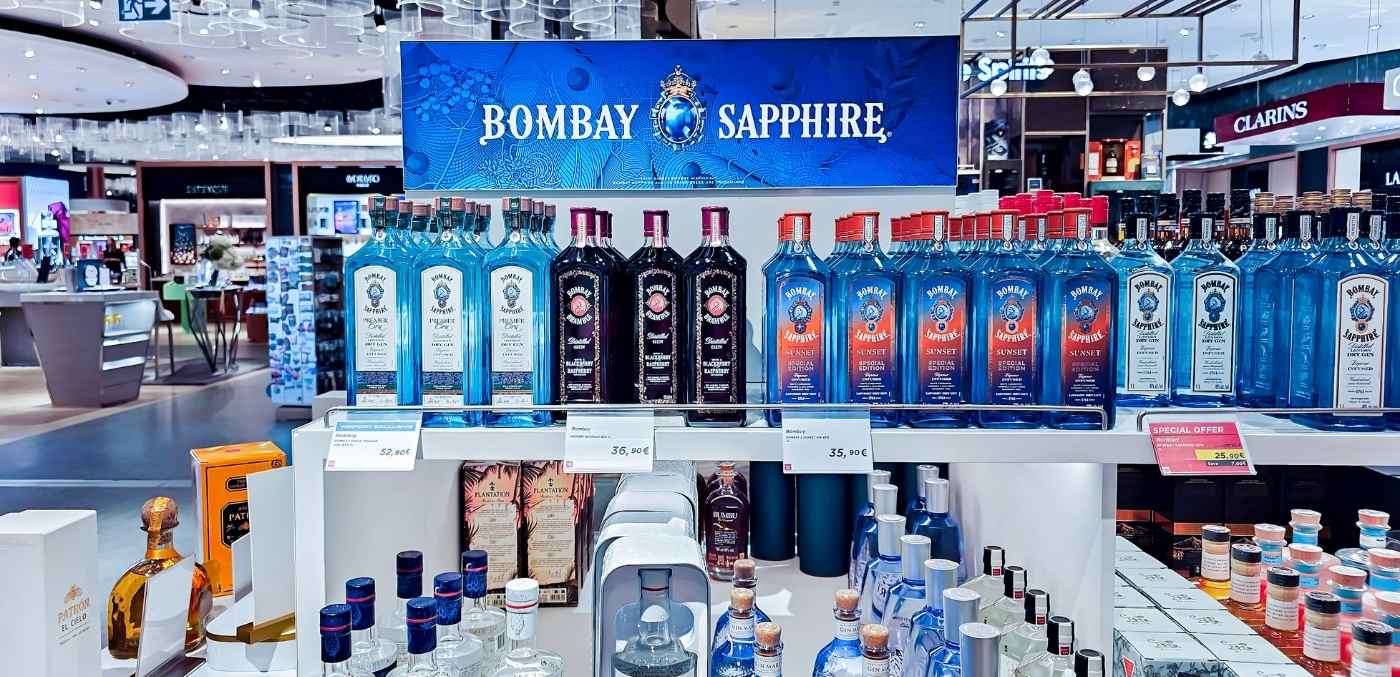
What is duty-free shopping?
Duty-free shopping as we know it today first appeared in 1947 at Shannon Airport in Ireland, whereby the notion that international visitors to a country should not be liable for paying the taxes and duties imposed upon residents. The concept was introduced into Australia in 1972 at Brisbane Airport.
How does duty-free shopping work in Australia?
In times past, general goods, alcohol and electronics in Australia all had differential tax rates, known as Wholesale Sales Tax, which could be up to 45% on luxury or imported goods. Purchasing these items without paying such duties yielded significant savings. But when the Goods and Services Tax (GST) was introduced in 2000, placing a flat 10% tax on everything, the gap between duty-free and regular retail pricing narrowed dramatically.
In the early noughties, airport duty-free sales made up around 45% of Australia’s duty-free and tax-free market. By 2016, that rate dropped to 30%. Today, data indicates Australia’s overall duty-free and travel retail market has grown in 2024, but the share of airport-based duty-free sales has shifted. Specific 2024 figures aren’t publicly available, but market growth suggests a positive trend for airport retail, even alongside the Tourist Refund Scheme (TRS), whereby shoppers can claim the GST of products purchased at retail stores, upon departure from Australia.
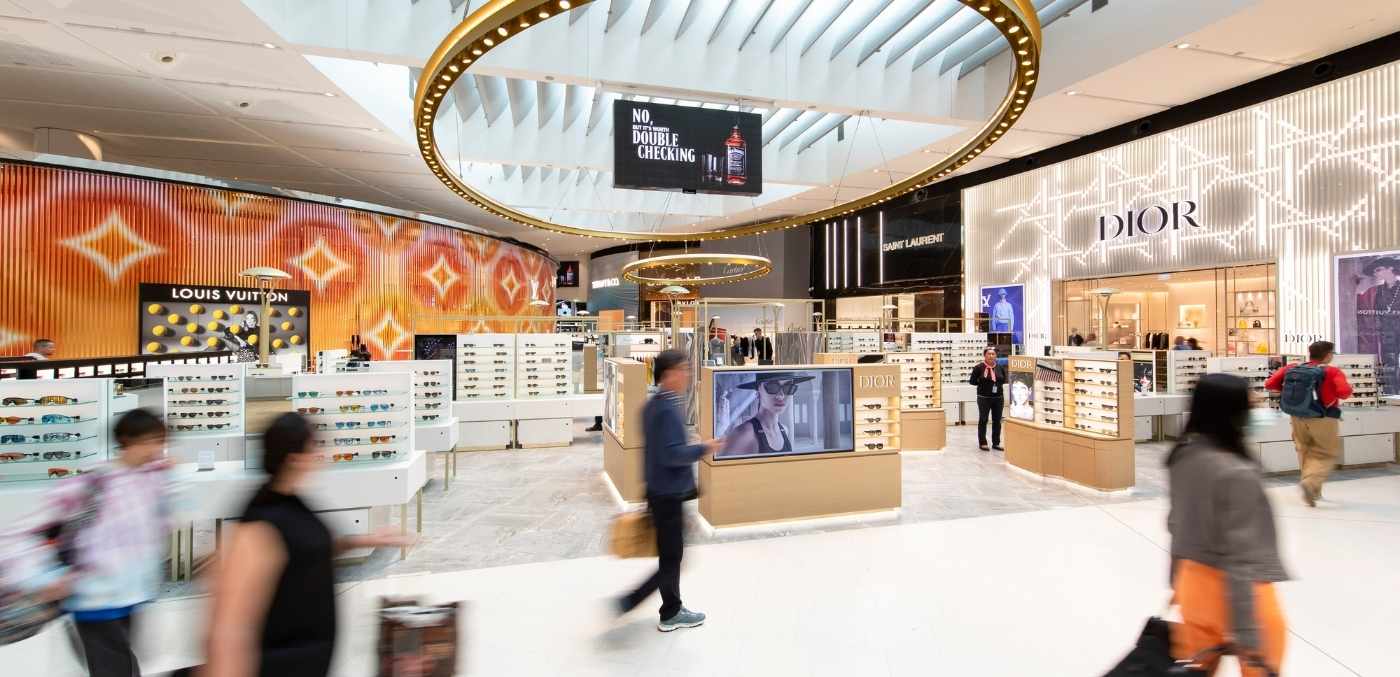
Is duty-free shopping cheaper?
A recent study by Australian travel brand Kadi Luggage found that some of the nation’s busiest airports charge more than national retailers (such as BWS, Chemist Warehouse and Sephora) for popular duty-free items, sometimes by more than $50. The report compared prices for staples such as Johnnie Walker, Penfolds wine, Grey Goose, Estée Lauder and Clinique products across seven major airports and benchmarked them against domestic retailers. Some airports offered travellers an average saving of up to 10.1% (especially with bundle deals), but others charged more than traditional retail for the exact same items – don’t even get us started on the price of ‘duty-free’ Tim Tams. The only category that proved consistently cheaper was alcohol.
According to the research by Kadi Luggage, of Australia’s international terminals, Sydney Airport came in as the duty-free shopping winner, offering lower product prices and better bundle deals. Meanwhile, Adelaide and Cairns proved the most expensive, with products price-tagged above average retail prices. The research suggests that price differences between duty-free and retail are now so minimal, shopping at the airport is barely worth the added weight.
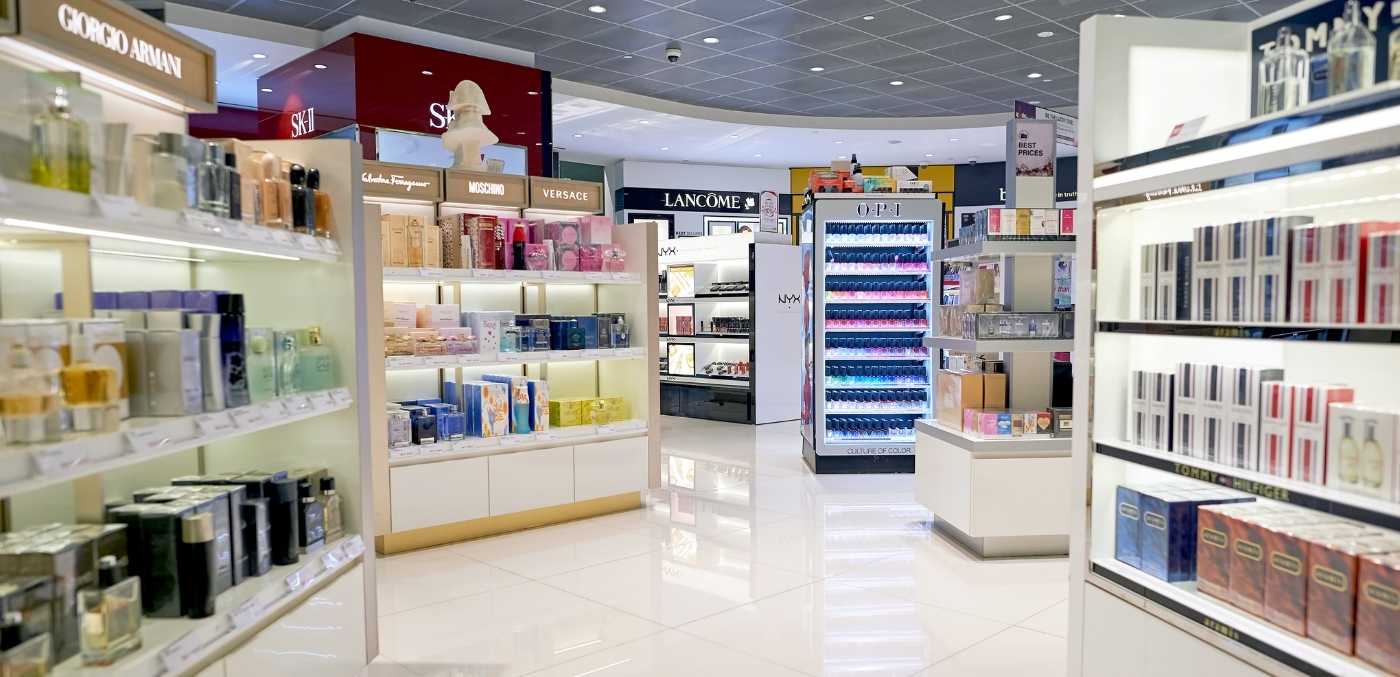
How to find the best deals at duty free
- Make a list of what you want to buy and research the pricing prior to departure, to compare duty-free versus retail.
- Look for bundles or multi-buy discounts as these are often better than singular duty-free pricing.
- Frequent flyers should consider signing up to duty-free loyalty programs, which provide members with discounts, exclusive offers, vouchers or rewards. Try Heinemann x Me or Lotte Loyalty.
- Airport-exclusive items can offer better value or are desirable for their rarity. Some cosmetic brands even have travel size exclusives available at duty-free.
- For perfumes, skincare or alcohol, the larger size usually offers better value, just check the unit price to be sure.
- Some duty-free retailers, such as Heinemann or Lotte, allow you to shop online and pick-up your purchase at the airport, allowing for easy price comparisons.
- Duty-free retailers, such as Heinemann at Sydney Airport, allow passengers to shop in store, then set aside purchases for pick-up upon return to Australia.
Read more:
You can book a La Prairie facial at Sydney International Airport
Cartier’s sparkling new boutique is now open at Sydney Airport
Top 10 best airports in the world
This article is a Signature Luxury Travel & Style digital exclusive. Be the first to see more exclusive online content by subscribing to the enewsletter below.






